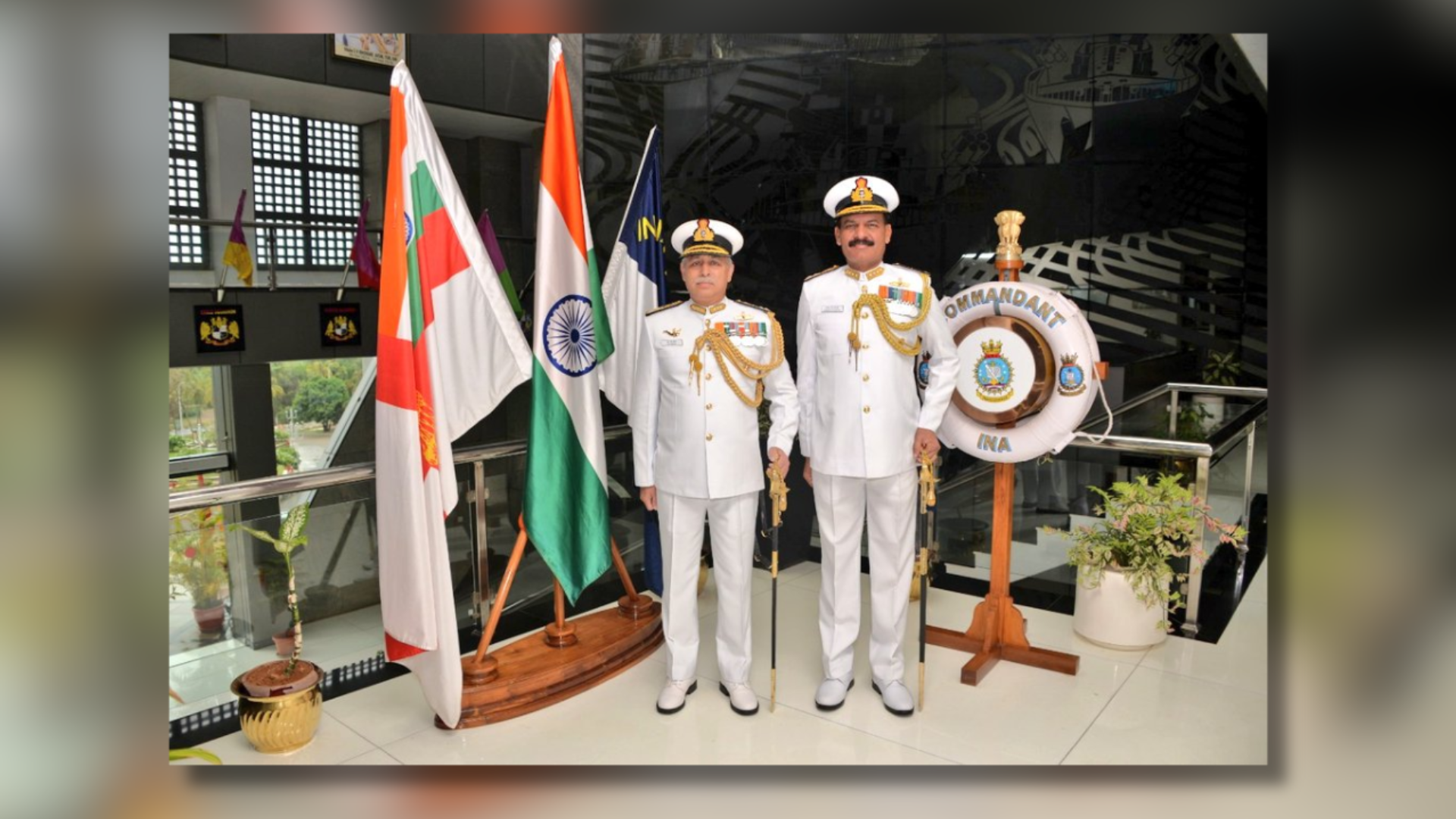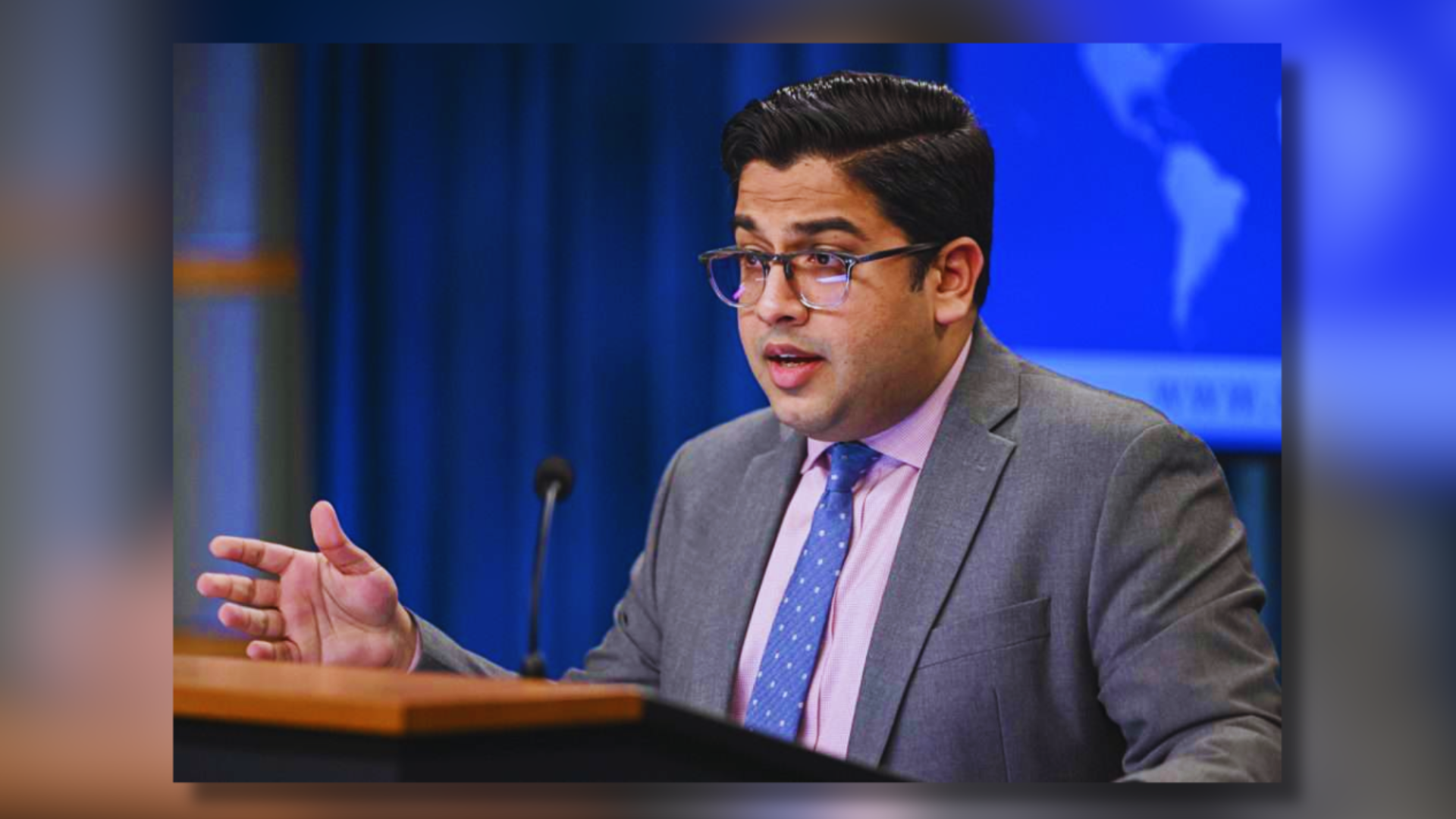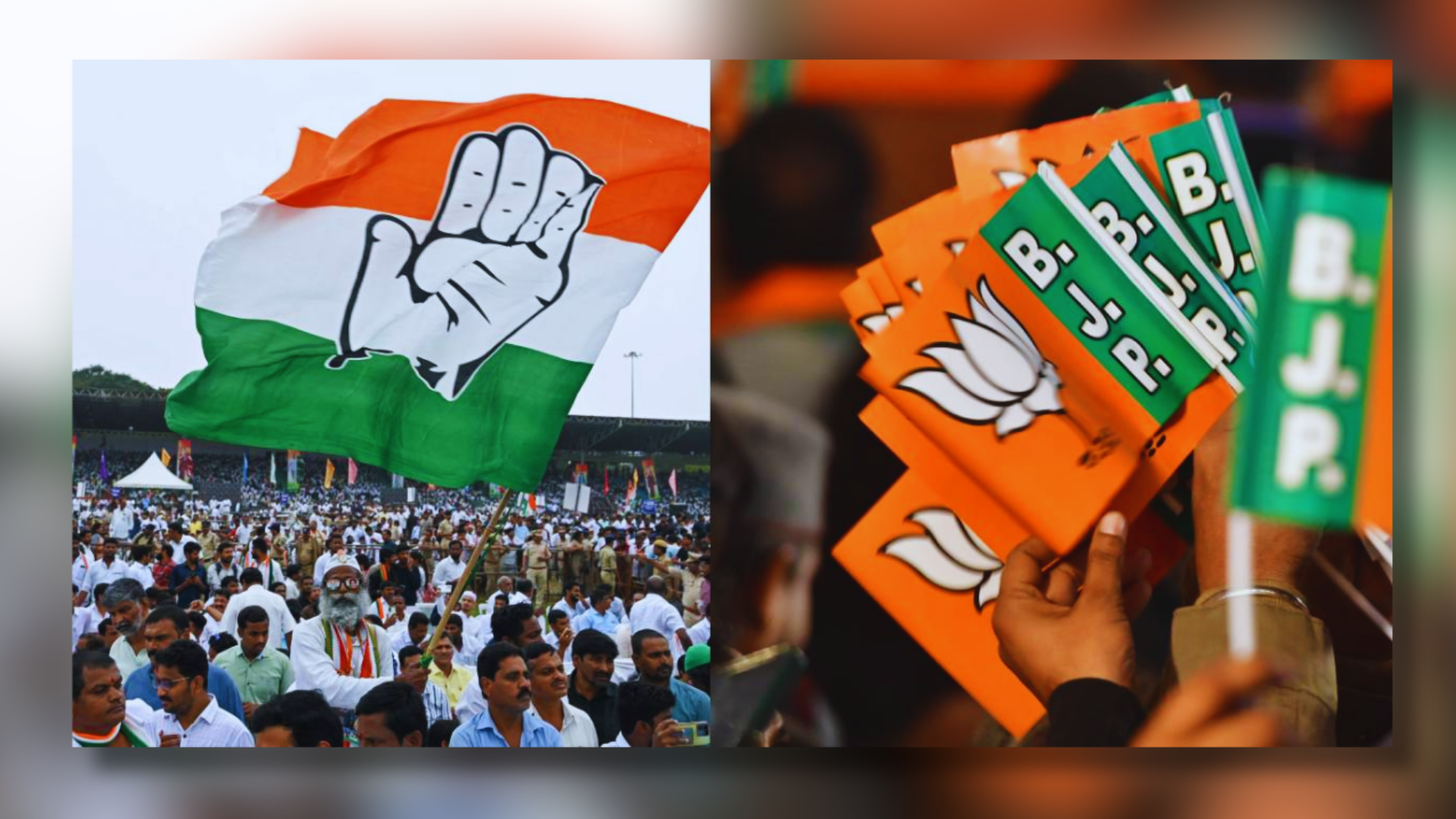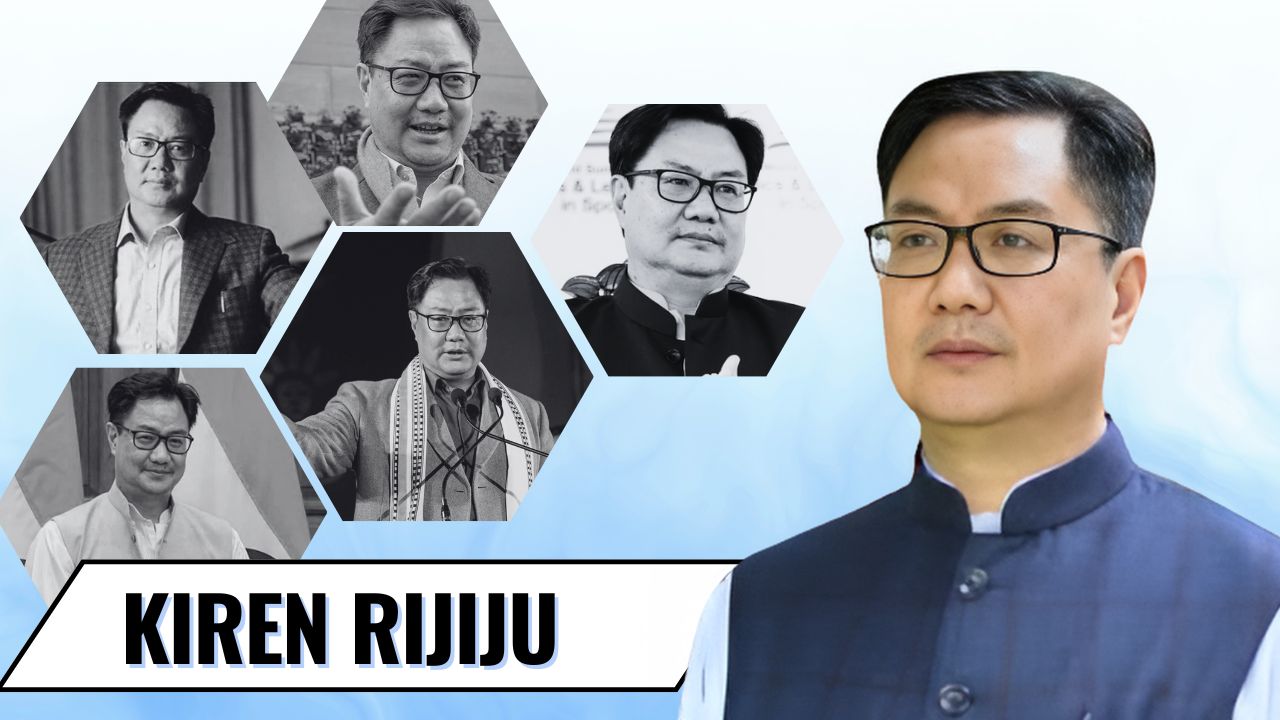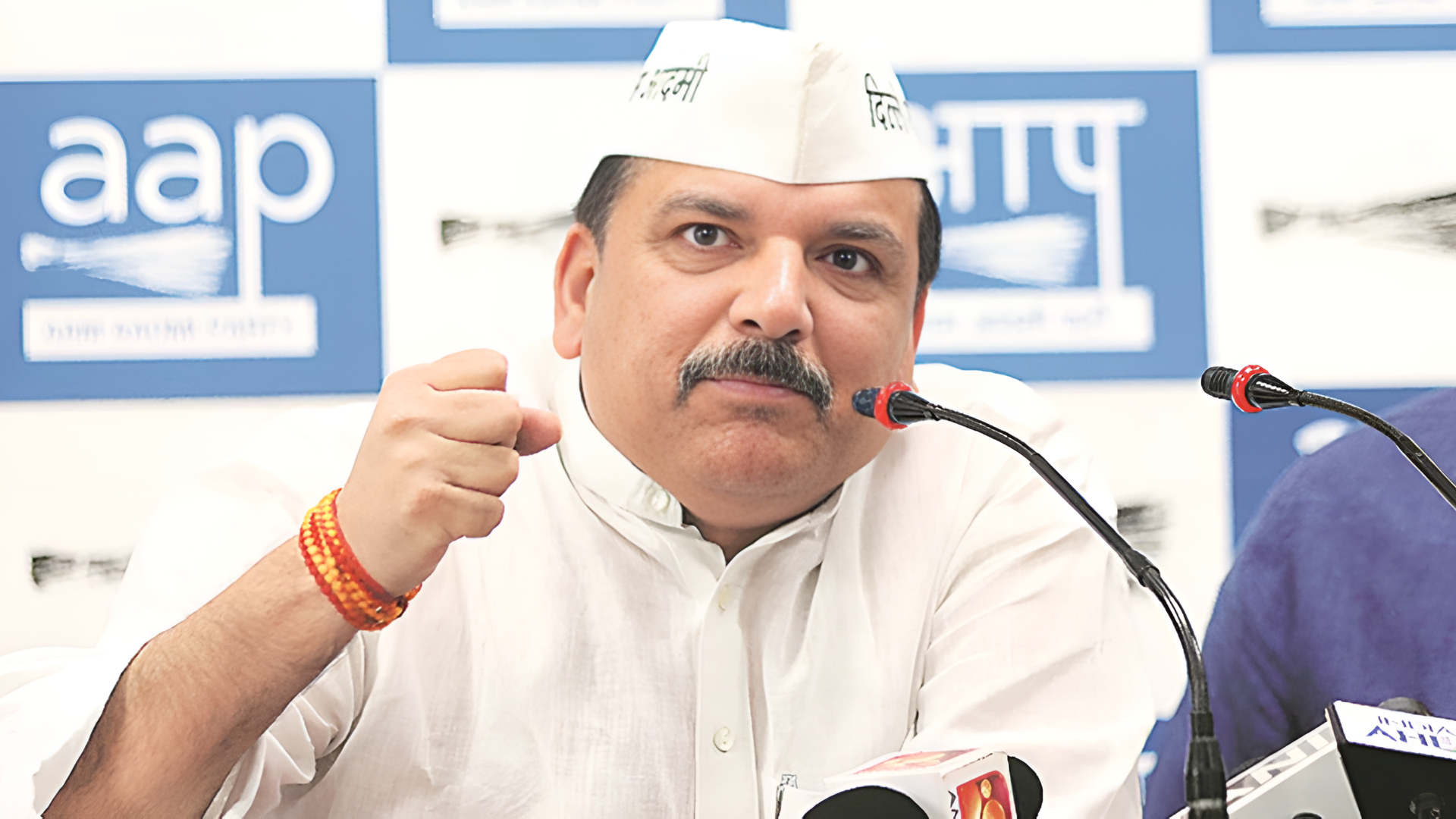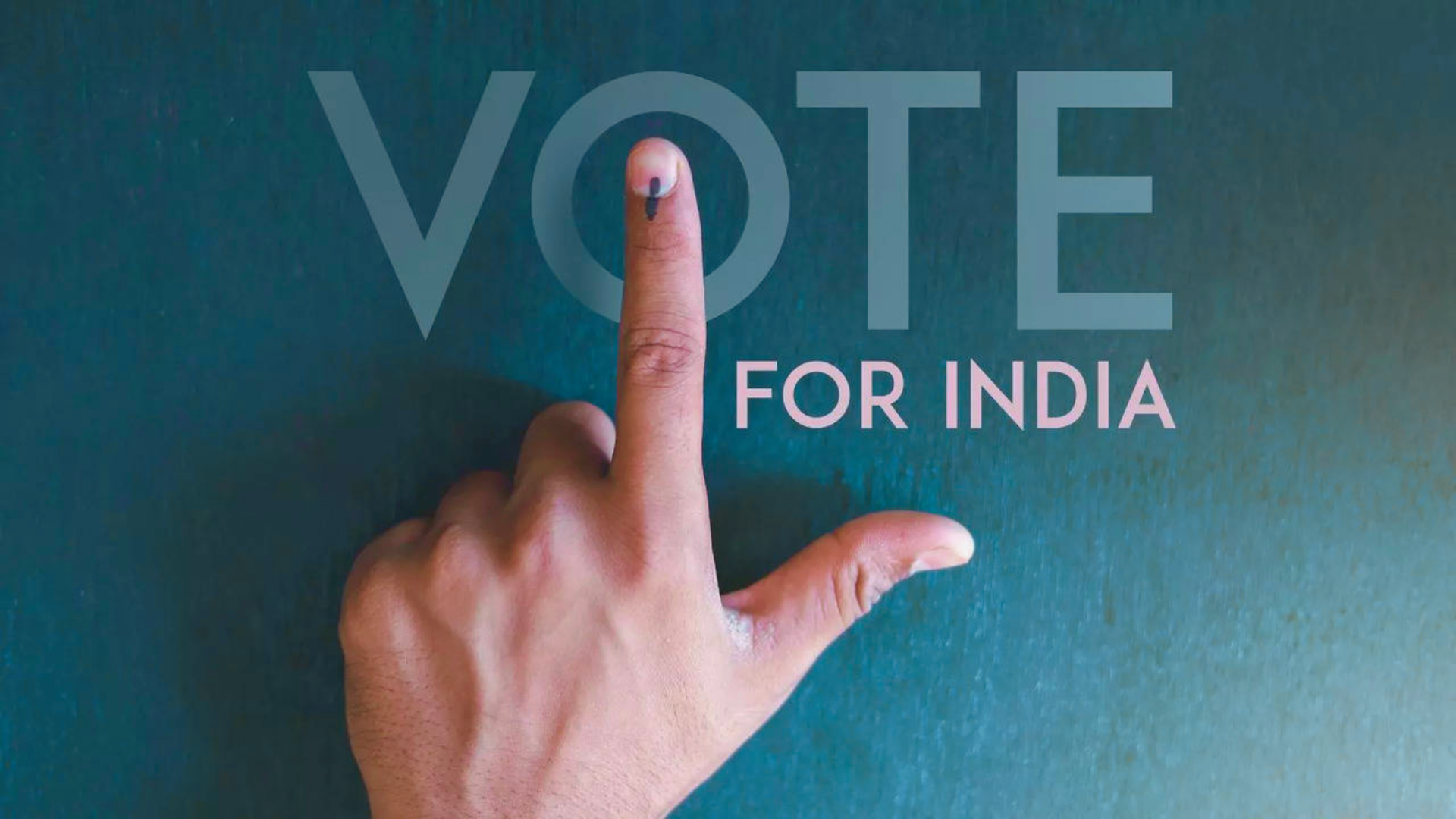


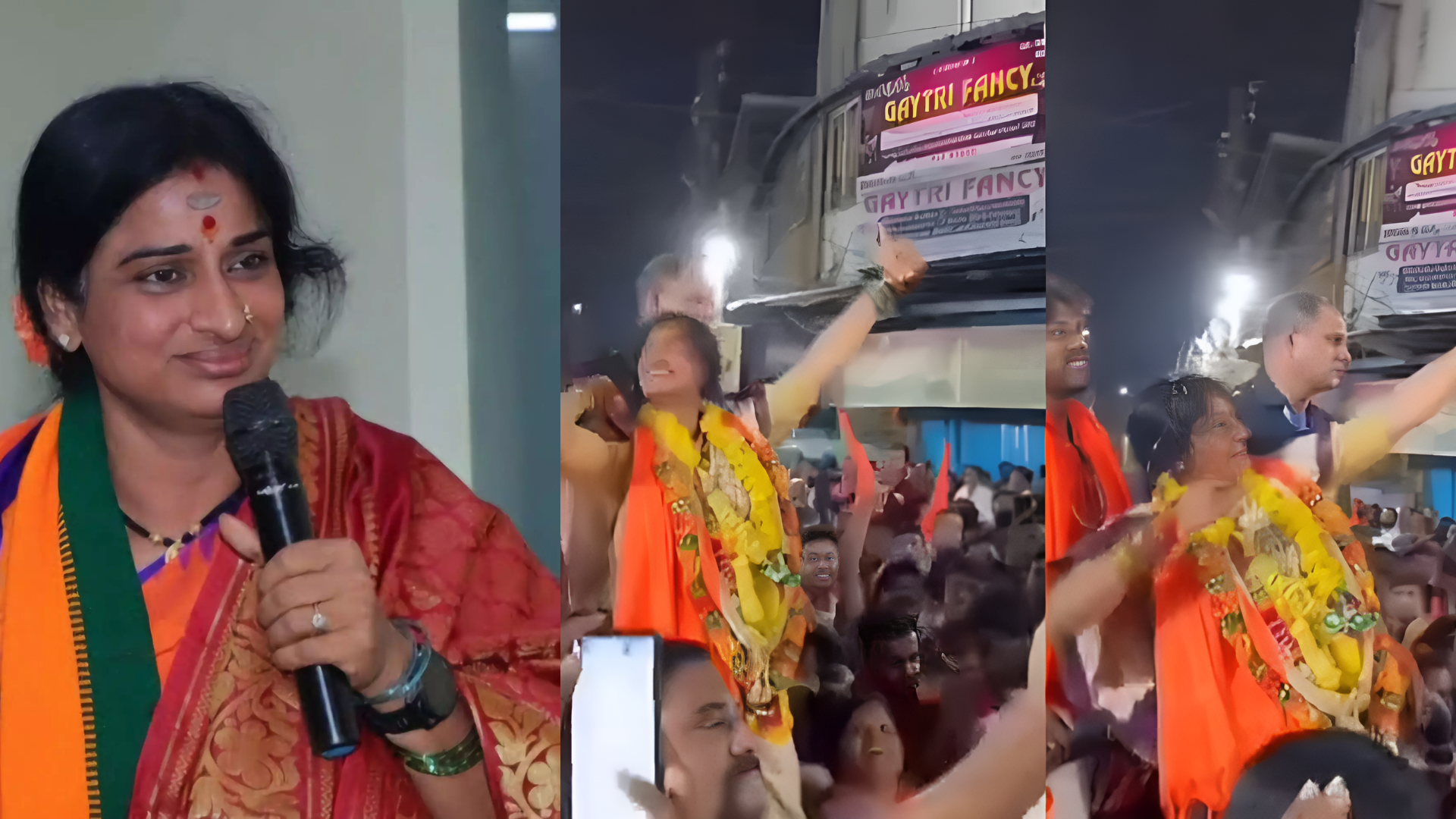
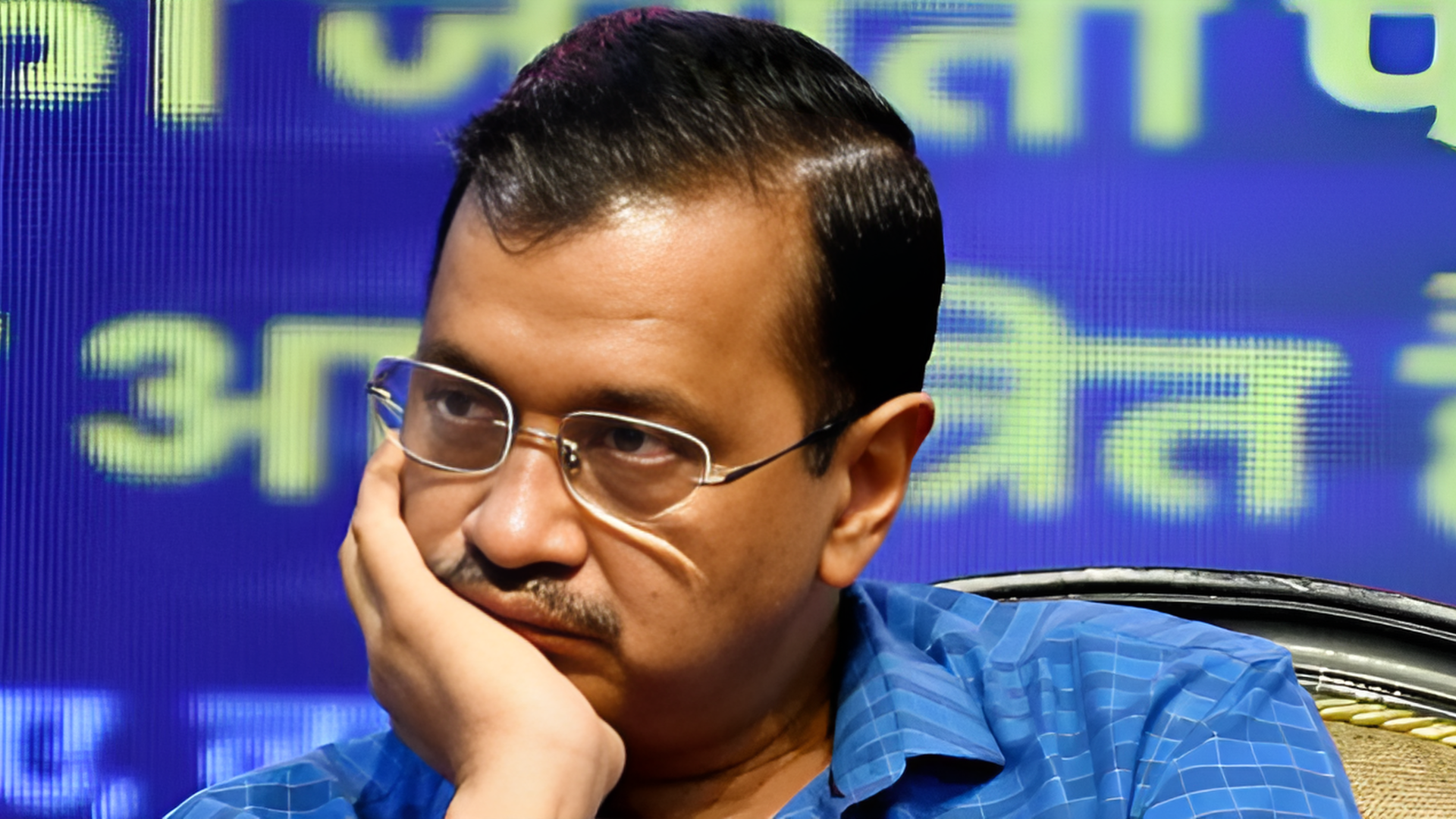
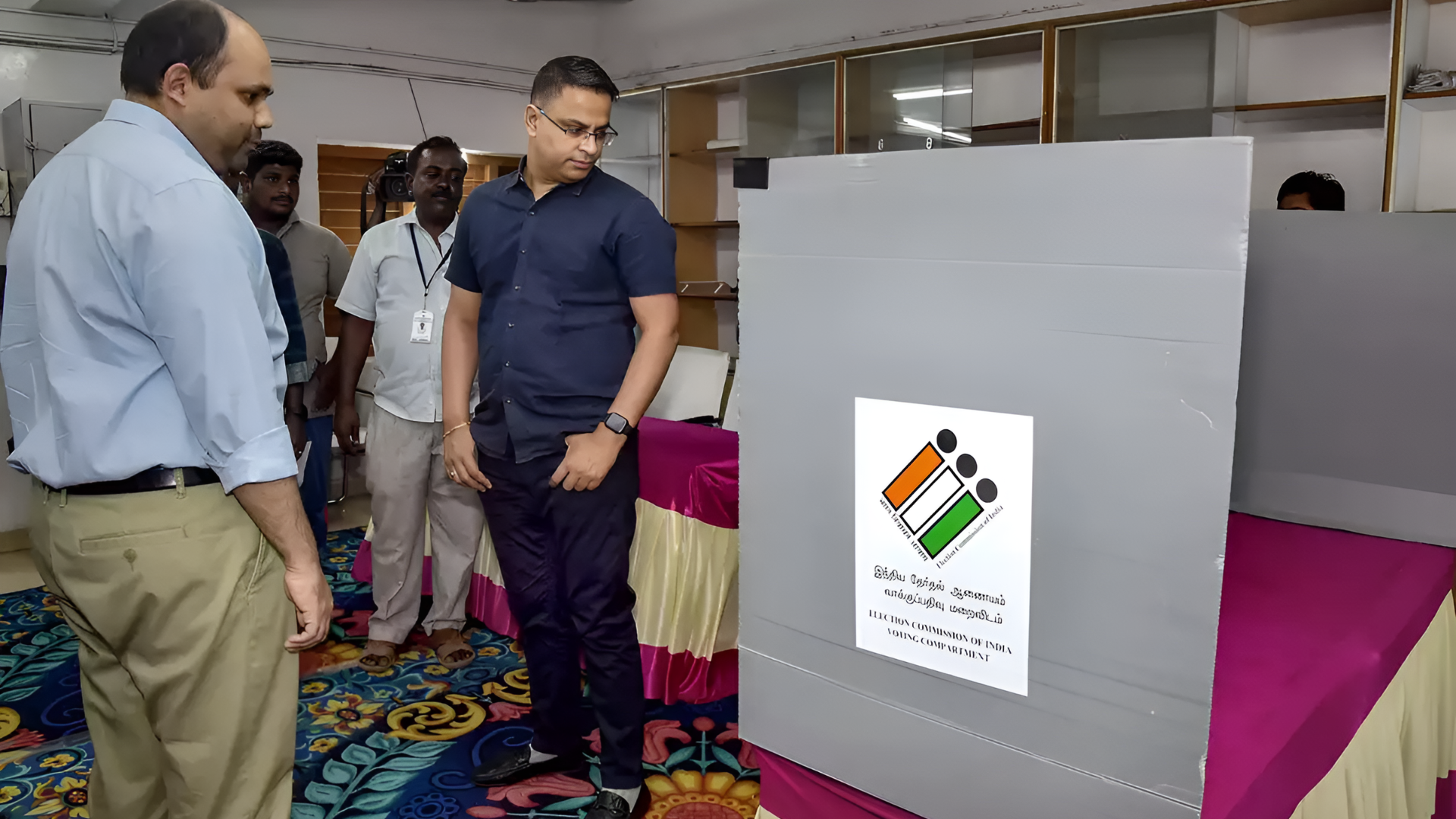
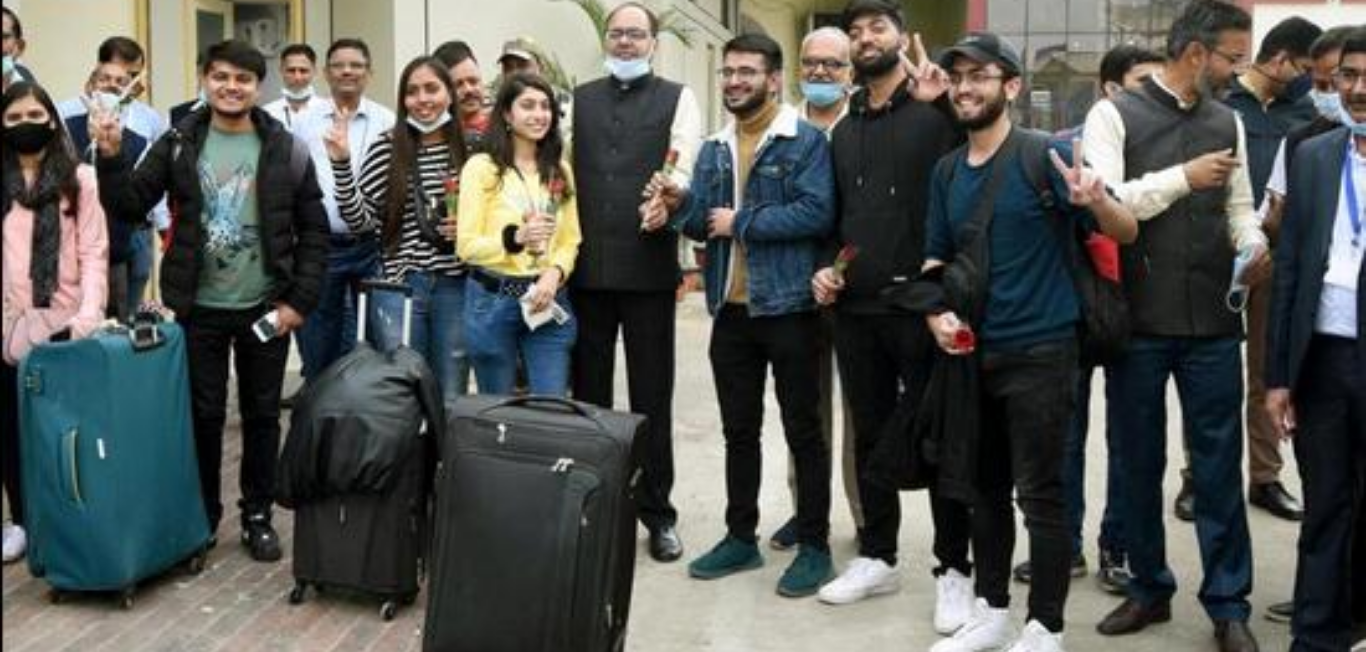
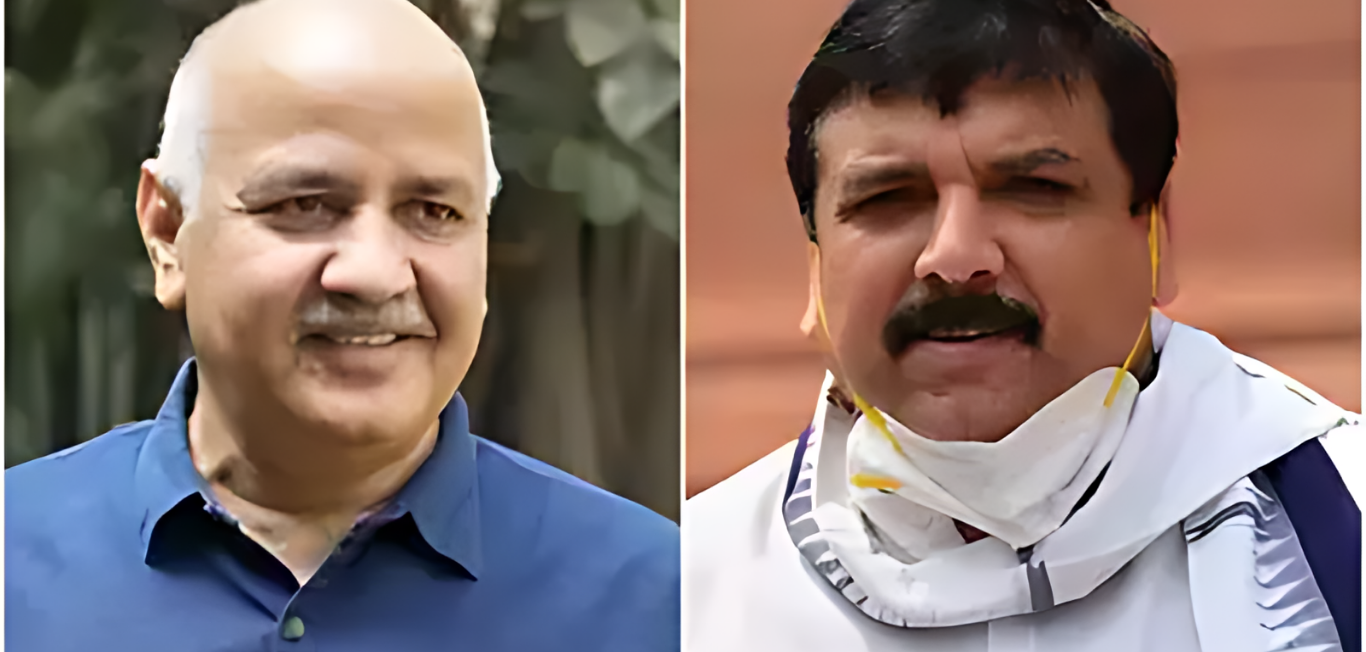
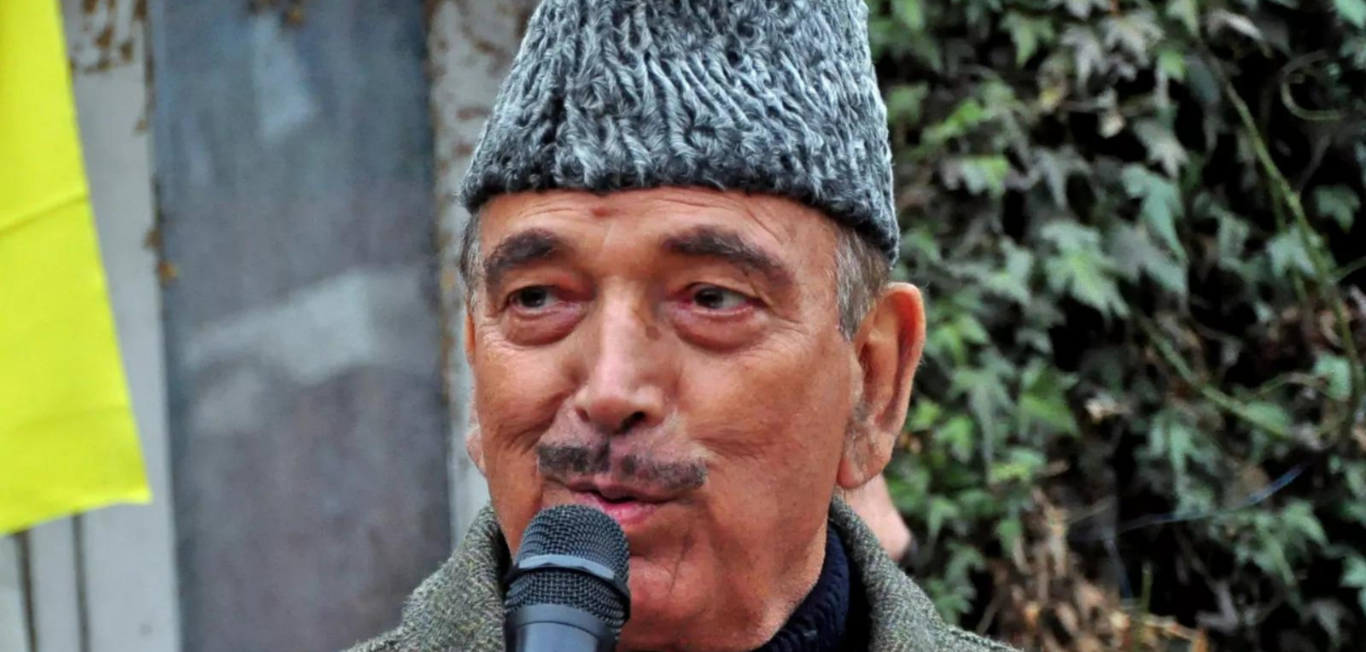
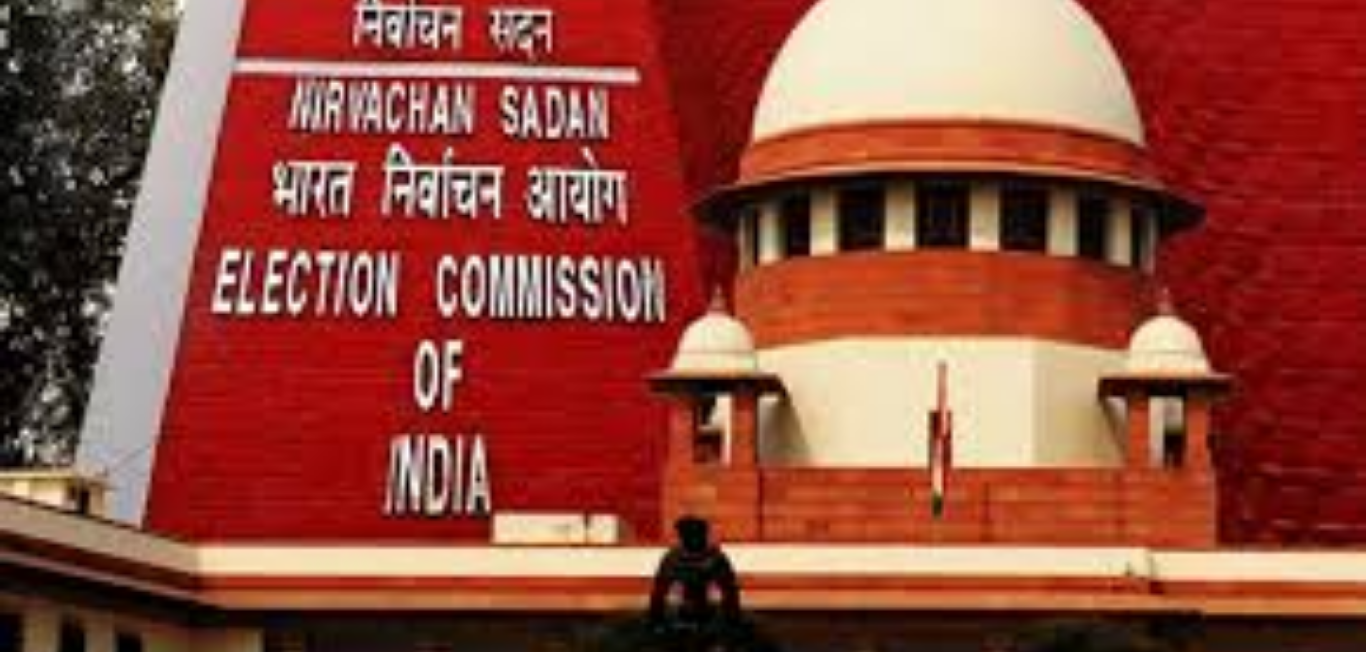
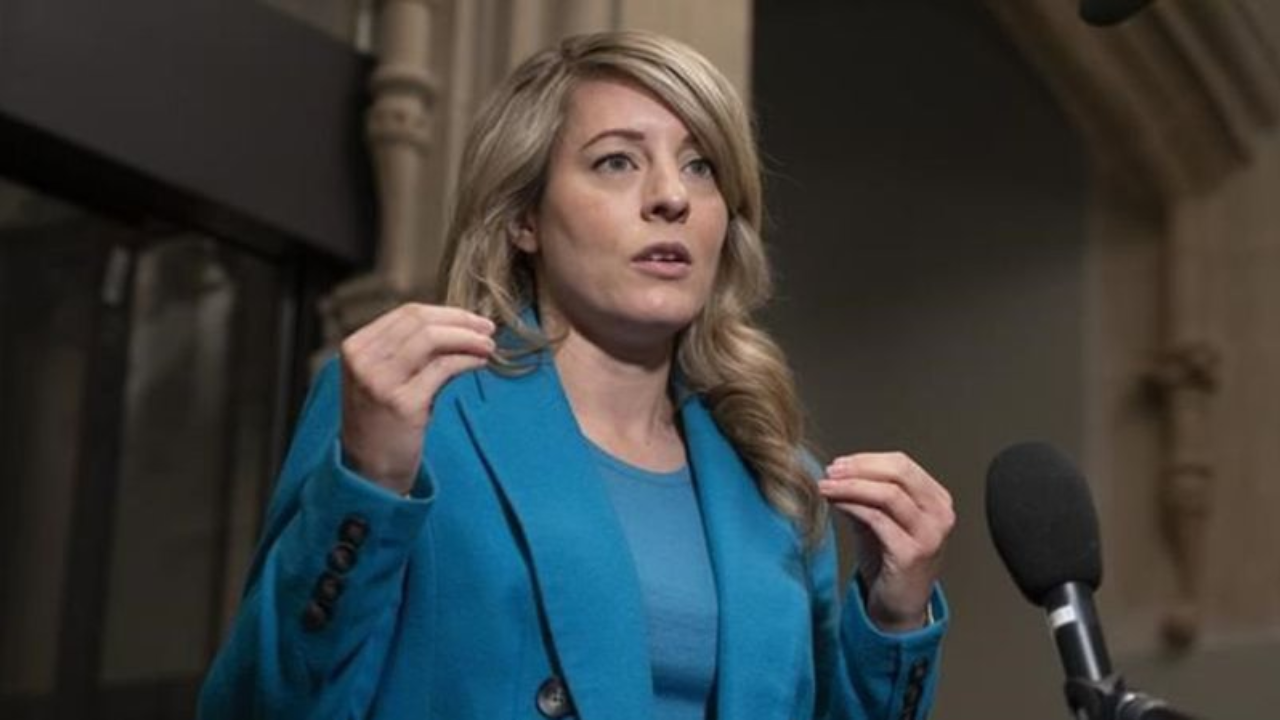
In the midst of the ongoing diplomatic fallout stemming from Prime Minister Justin Trudeau’s assertion regarding the involvement of Indian agents in the assassination of Sikh separatist leader Hardeep Singh Nijjar, Canada’s Foreign Minister Melanie Joly emphasized the significance of maintaining a diplomatic presence in India.
Joly expressed this sentiment in a statement to reporters, as relayed by Canada-based CPAC, saying, “So in moments of tensions, because indeed there are tensions between both of the government more than ever, it’s important that diplomats be on the ground. And that’s why we believe in the importance of having a strong diplomatic footprint in India. That being said, we are in ongoing conversations with the Indian government, and we will continue…”
These remarks were made in response to reports suggesting that India had requested the removal of 41 out of Canada’s 62 diplomats stationed in the country. Notably, Nijjar, a designated terrorist in India, was killed outside a gurdwara in Surrey, Canada, on June 18. In response to Canada’s expulsion of a senior Indian diplomat, India took similar action by expelling a senior Canadian diplomat.
Meanwhile, Prime Minister Trudeau asserted on Tuesday that Canada did not seek to escalate the situation with India and expressed a desire to remain engaged in New Delhi to assist Canadian citizens, as reported by Reuters. He stated, “Canada is not looking to escalate the situation with India, will continue to engage responsibly and constructively with New Delhi. We want to be on the ground in India to help the Canadian families there.”
Trudeau’s previous claim in the Canadian Parliament, made during a September debate, alleged that Canada’s national security officials had reason to believe that “agents of the Indian government” were responsible for Nijjar’s killing. India vehemently rejected these claims, labelling them as “absurd and motivated.”
External Affairs Minister S. Jaishankar addressed the ongoing issue with Canada, attributing it to the Canadian government’s lax stance on terrorism, extremism, and violence within the country. Jaishankar noted that the situation should not be considered a “deadlock” and stated that India was open to examining any specific and pertinent information shared by the Canadian side regarding the matter.
Jaishankar, during a press conference in Washington DC, remarked, “Well, I don’t know if I would use the term deadlock…The issue is as follows: The Canadians have made some allegations. We have pointed out to them that this is not the Government of India’s policy and if they are prepared to share with us specifics and anything relevant, we are also open to looking at it. So in that sense, that’s where the matter stands.” He emphasized the importance of considering the broader context rather than isolating the incident.
Furthermore, Jaishankar emphasized that the persistent problem with Canada was due to its leniency regarding terrorism, extremism, and violence. He noted that some extradition requests from India had not received responses and highlighted the involvement of individuals and organizations linked to violence and illegal activities in India.
Jaishankar also mentioned that India had reluctantly suspended visa operations to Canada due to the Canadian side making it challenging for India to conduct these services.
Also Read: “KCR Wanted To Join NDA, Denied Him”, Says PM Modi In Telangana
Catch all the Latest Business News, Breaking News Events, and Latest News Updates on NewsX

